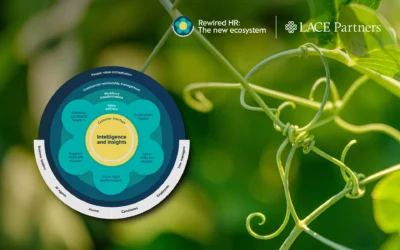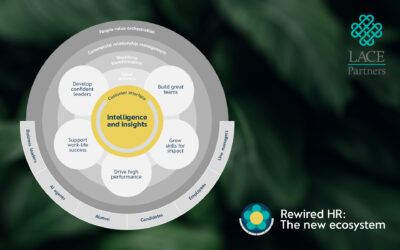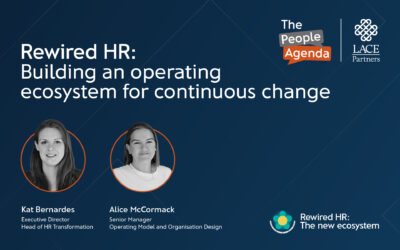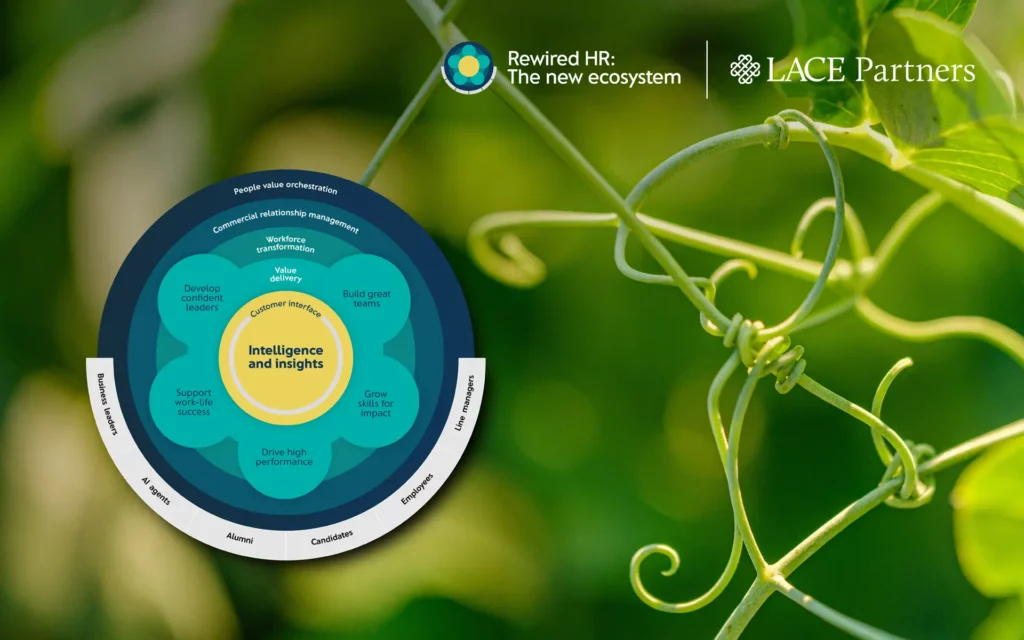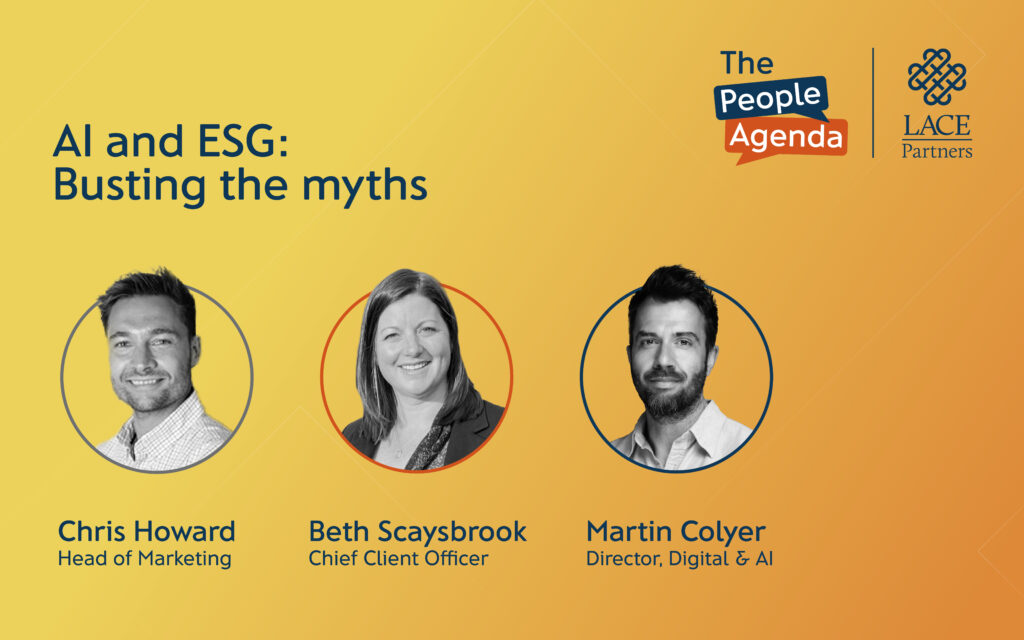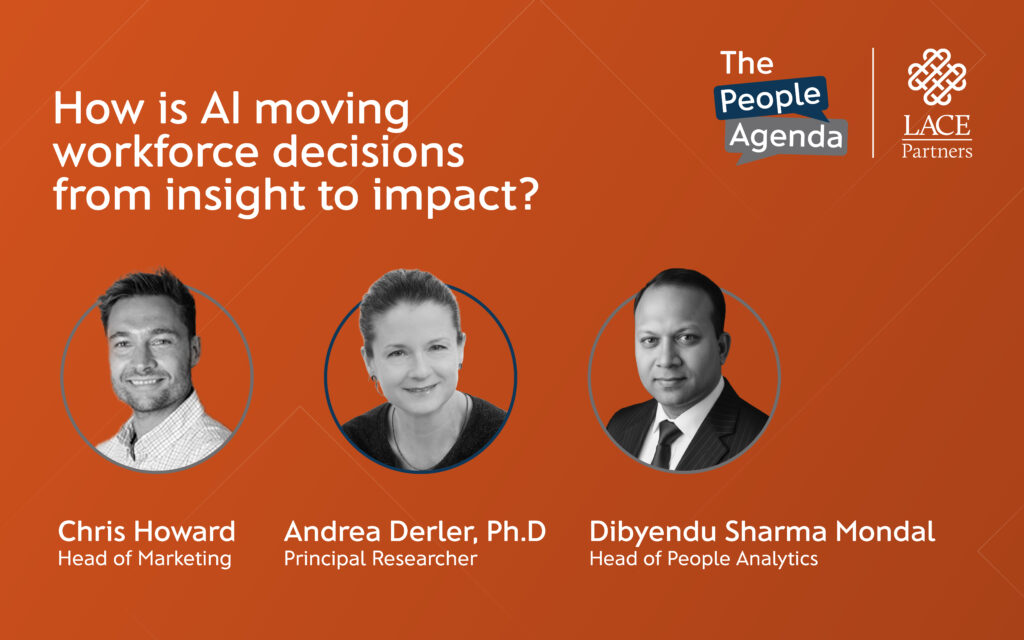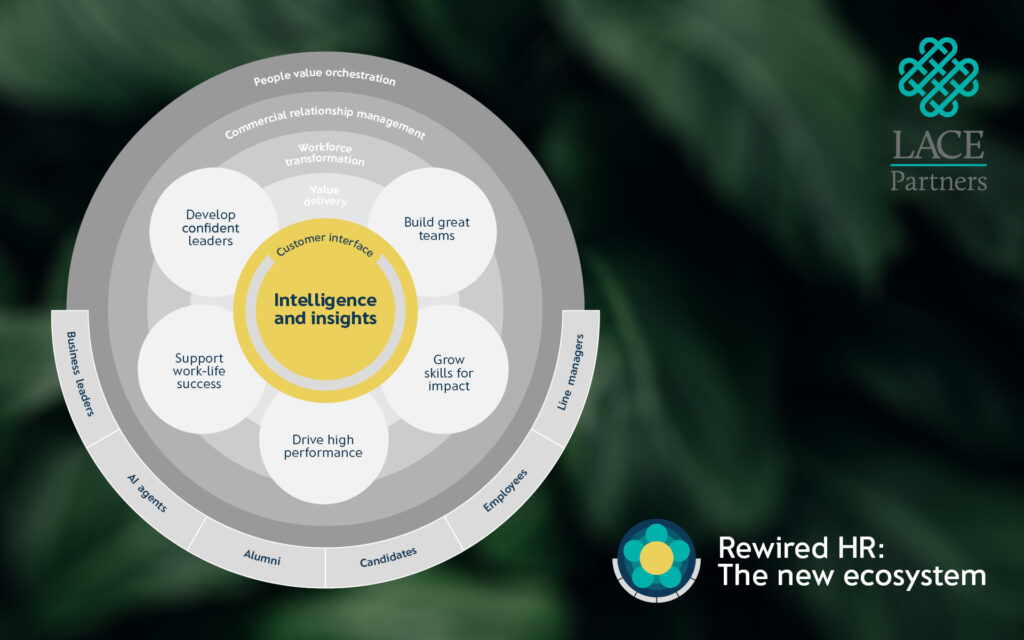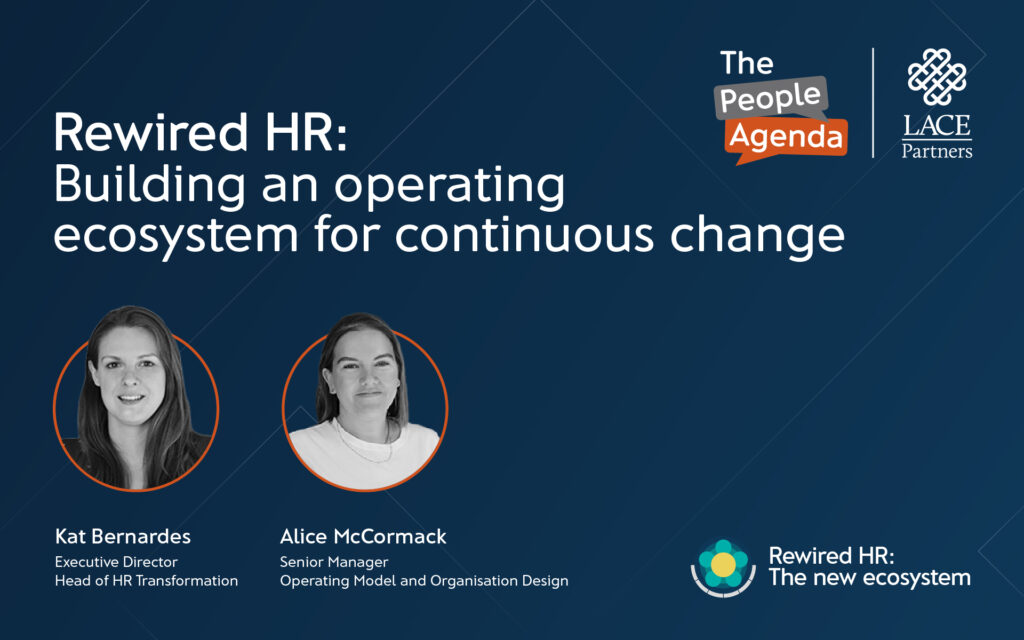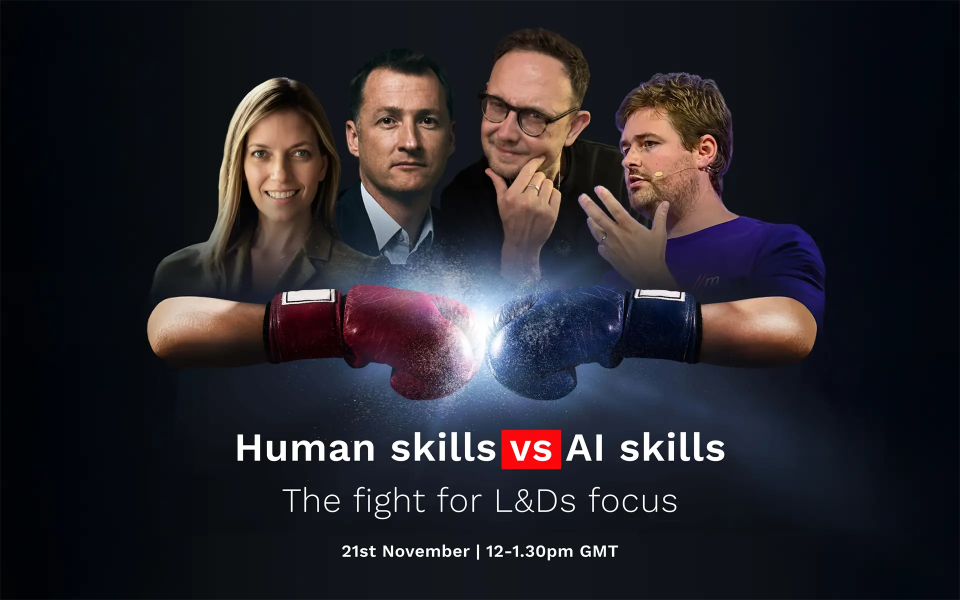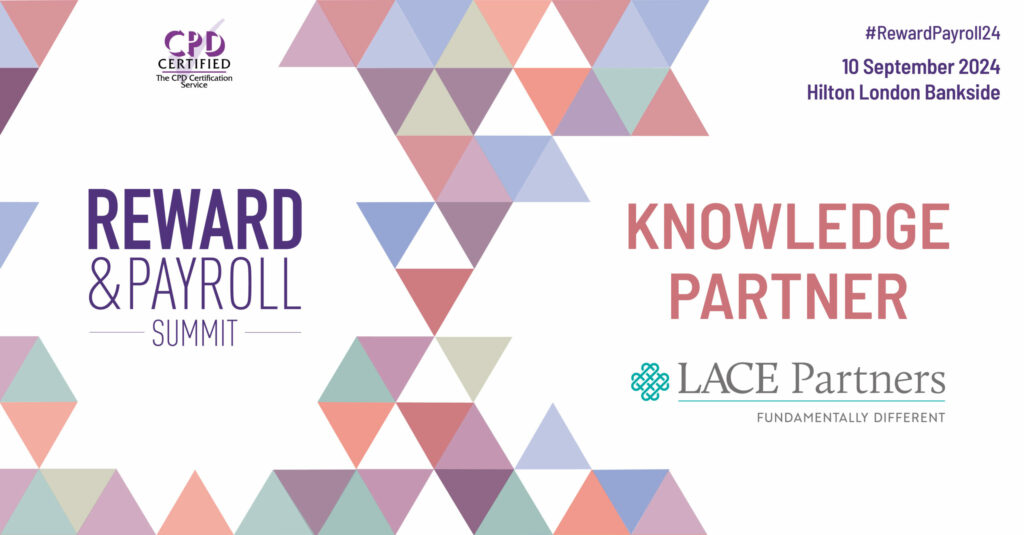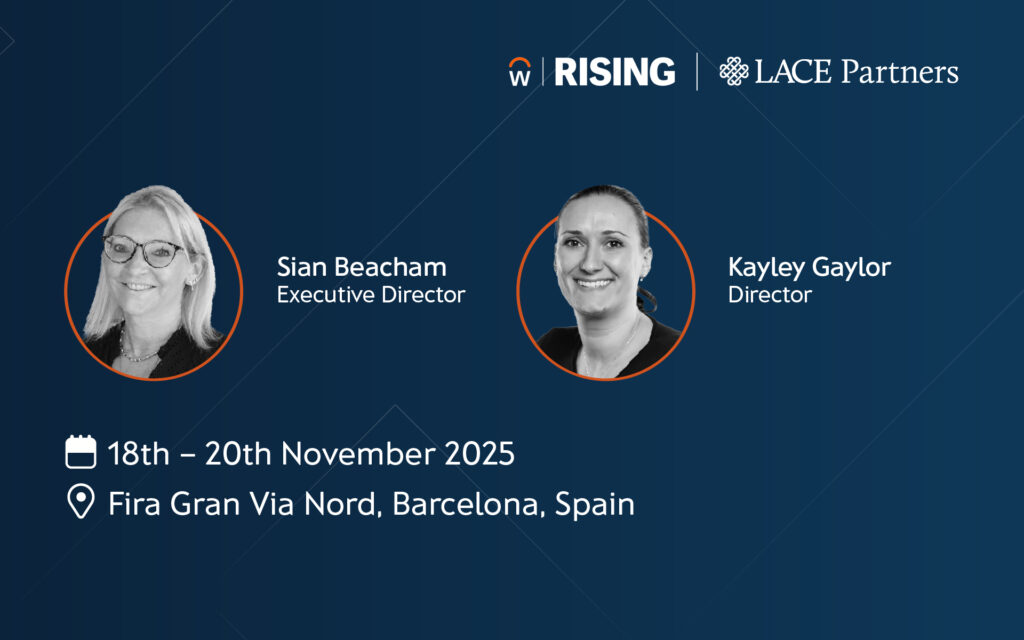If you’ve ever asked yourself who’s looking out for the people who look after everyone else, the latest episode of the HR on the Offensive podcast dives straight into that question. Chris Howard is joined by clinical psychologist and Ultimate Resilience co-founder Dr. Jo Burrell to unpack a tough but important reality: HR professionals, who are responsible for supporting the well-being of others, are increasingly struggling with their own mental health.
This podcast doesn’t just highlight a problem; it offers a path forward. Listen to learn how you can turn insight into action before burnout becomes the new baseline.
The 2025 HR Mental Well-being Report by Ultimate Resilience surveyed nearly 1,500 HR professionals and the findings are hard to ignore. The results:
- Depression: 44% of respondents showed symptoms within the clinically significant range, which is 2.5 times higher than in the general population.
- Anxiety: 38% of respondents experienced anxiety symptoms within the clinical range, which is 1.5 times higher than in the general population.
- Burnout: 63% of respondents were very likely to be experiencing burnout.
Why is this happening?
The report highlights a mix of factors contributing to the issue: 50% of respondents pointed to heavy workloads, 41% cited poor management, and 29% noted a lack of support.
Open-ended responses revealed deeper concerns, including the emotional toll of the job, toxic workplace cultures, and feeling unrecognised. A recurring theme throughout the findings is the concept of “emotional labour”—HR professionals are regularly navigating conflict, trauma, and high-stress situations, often without the support systems they need to manage the impact.
What’s the solution?
Dr. Burrell outlines a three-tier solution. Professionally, HR bodies must advocate for formal well-being standards and support systems, treating mental health as a structural concern—not a personal failing. At the organisational level, robust, continuous support like clinical-style supervision has proven protective. Importantly, individuals themselves can find relief by breaking the silence, connecting with peers, and sharing their experiences.


